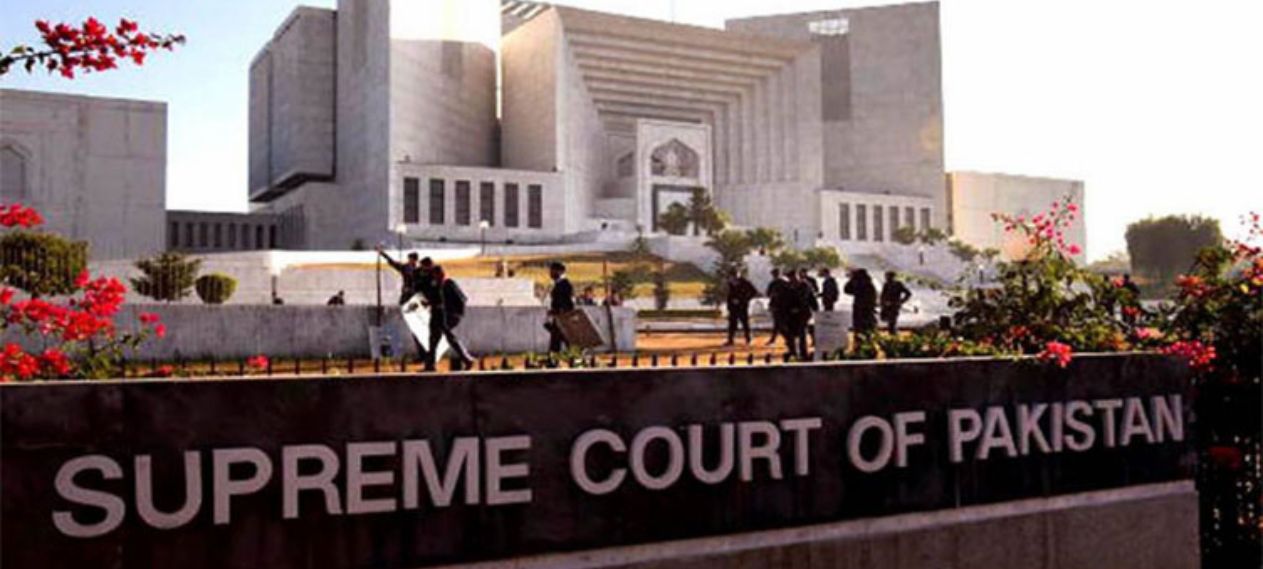As a seven-member Supreme Court bench commenced the hearing on the case of lifetime disqualification on Tuesday, Attorney General Mansoor Usman Awan asserted his reluctance to advocate the extreme prohibition, especially given the approaching general elections on Feb 8, where three-time Prime Minister Nawaz Sharif is vying for a historic fourth term.
Awan, representing the Federation, urged the court to reconsider the lifetime ban verdict issued under Article 62 (1) f of the Constitution. This stance was supported by the four provincial advocate generals, a result of changes made in Section 232 of the Election Act 2017 during the Shehbaz Sharif-led coalition government, fixing the disqualification period at five years.
Awan also noted the inconsistency where an individual could return to contest elections after serving a two-year jail term, while another might face a lifetime ban based solely on a court declaration – a predicament experienced by Nawaz Sharif.
Also Read: Qureshi was promptly re-arrested right after being released from Adiala jail.
Justice Jamal Khan Mandokhail observed that the confusion stemmed from unelected individuals engaging in law-making, referencing past instances like military dictator Ziaul Haq introducing the concept of Sadiq and Ameen in the Constitution. Chief Justice Faez Isa emphasized reliance on legislation introduced by elected representatives, not dictators.
The court set a deadline of January 11 to decide the matter, preceding the Election Commission of Pakistan’s announcement of the final candidate list and party symbols. Chief Justice Isa raised questions about determining an individual’s character based on Article 62 criteria, expressing reservations about the terms “Sadiq” and “Ameen.” He argued that even Quaid-e-Azam would be disqualified if these standards were applied.
Justice Mansoor Ali Shah questioned the court’s role in giving a declaration about an individual’s charachbbter, while Chief Justice Isa highlighted the ambiguity of these terms and their impractical implementation. The court order mentioned a subsequent hearing on January 4.
Sanaullah Baloch advocated for the Supreme Court’s lifetime ban, introducing the concept of judicial supremacy, but Chief Justice Isa dismissed it, asserting the supremacy of parliament.
The case revolves around the lifetime disqualification of Sardar Meer Badshah Qaisrani before the 2018 elections. The hearing will continue, with Chief Justice Faez Isa leading the bench. Objections against Nawaz Sharif’s nominations have been raised, challenging his disqualification under Article 62 (1) f of the Constitution. The court aims to reconcile the contradictions between its lifetime disqualification judgment and the Election Act amendment.

